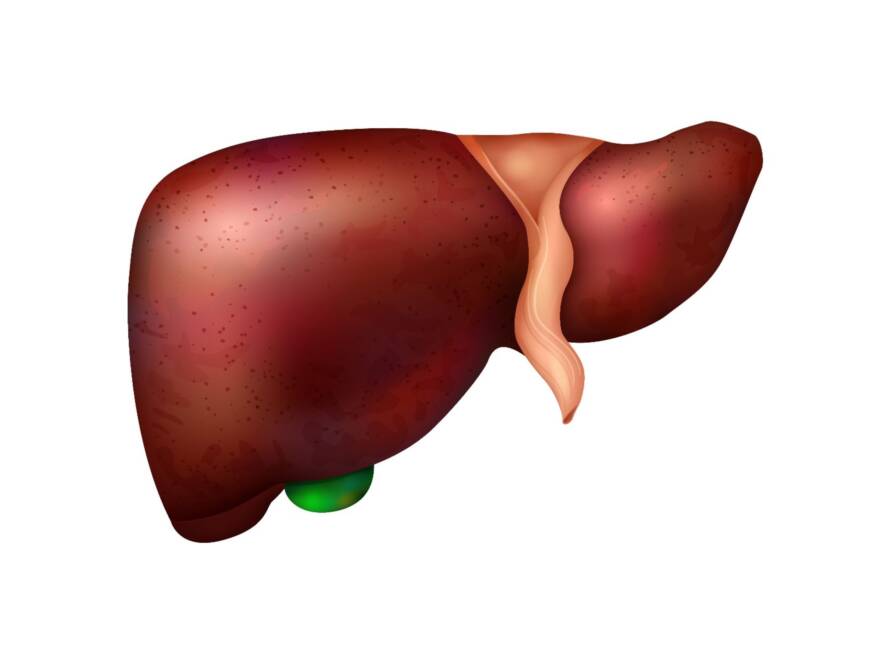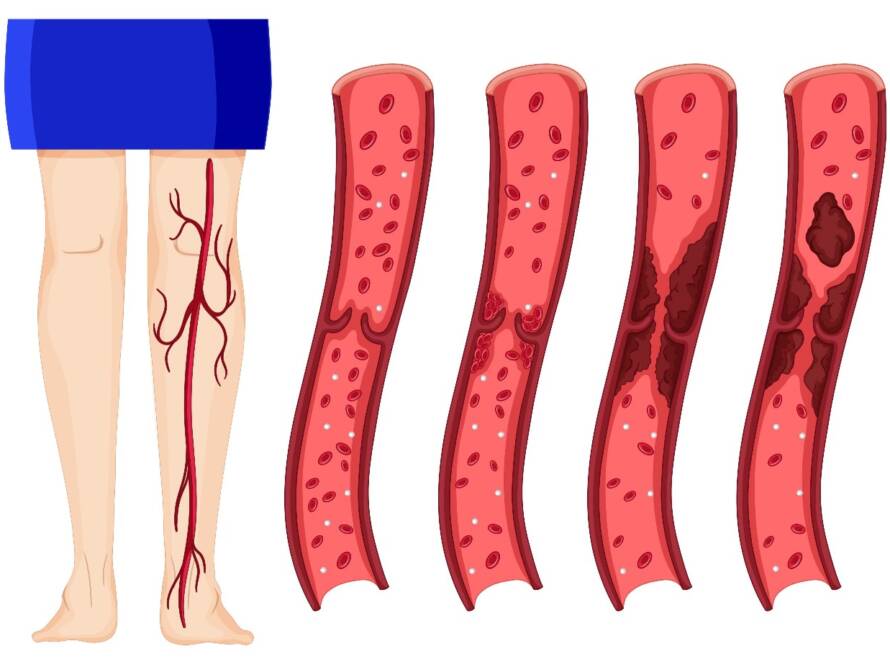Migraines are severe but relatively common neurological headaches, usually occurring on one side or part of the head. Migraine attacks can be short or long. Short ones last for hours, while long ones can last for days. The pain of migraines can be so intense and debilitating that it will disrupt your daily activities.
Prodrome often occurs one or two days before a migraine. They are subtle but usually noticeable changes in the body, such as fatigue, mood changes, bloating, diarrhea, and constipation.
An aura is a symptom that originates from your nervous system and often affects your vision. Examples of migraine auras include hallucinations, vision loss, ringing in the ears, numbness in the face, and difficulty speaking.
The postdrome of migraine is exhaustion and weakness that last one or two days after the attack. But there are also rare cases where people may feel elated or relieved.
Researchers have found some evidence that migraine may be related to changes in your brain and genes. In the current theory, migraines are likely to start when overactive nerve cells send signals and trigger your nerve into releasing chemicals that bloat the blood vessels in your brain. Consequently, the neurotransmitters will cause inflammation and pain.
Dietary factors: Certain foods and drinks, such as aged cheeses, processed meats, alcohol, and caffeinated beverages, can trigger migraines in some individuals.
Environmental factors: Strong odors, bright lights, and loud noises are common triggers for migraine attacks. Changes in weather patterns can also contribute to migraines.
Hormonal changes: Fluctuations in estrogen levels, often related to menstruation, pregnancy, or menopause, can trigger migraines in some women.
Stress and emotional factors: High stress levels, anxiety, and even positive excitement can trigger migraines in some people.
Recognizing and managing these triggers can be crucial in preventing or minimizing the occurrence of migraines.
Medications: Over-the-counter pain relievers like ibuprofen can help manage mild migraines. People with severe migraines may require a visit to the hospital for medication and more targeted advice from a doctor.
Lifestyle modifications: Identifying and avoiding triggers like certain foods, stress, or lack of sleep. Regular exercise, sufficient sleep, and stress management can help reduce migraine frequency.
Alternative therapies: Acupuncture and relaxation techniques may provide relief for some individuals.
-
Unlike medications, which can have unpleasant side effects, Scalar relieves migraine naturally without any side effects.
The pure scalar mode can transfer pure scalar energy to the human body and restore your energy balance. When your internal balance is restored, your circulation and nervous system will improve, and your migraine will consequently disappear.
If you want faster and more powerful migraine relief, you can try molecular scalar and Rife scalar. To use the molecular scalar, put the analgesics or essential oils of your choice. The scalar wave will carry the property of the chemicals into your cells and work at a molecular level as if your body has taken in the chemicals.






